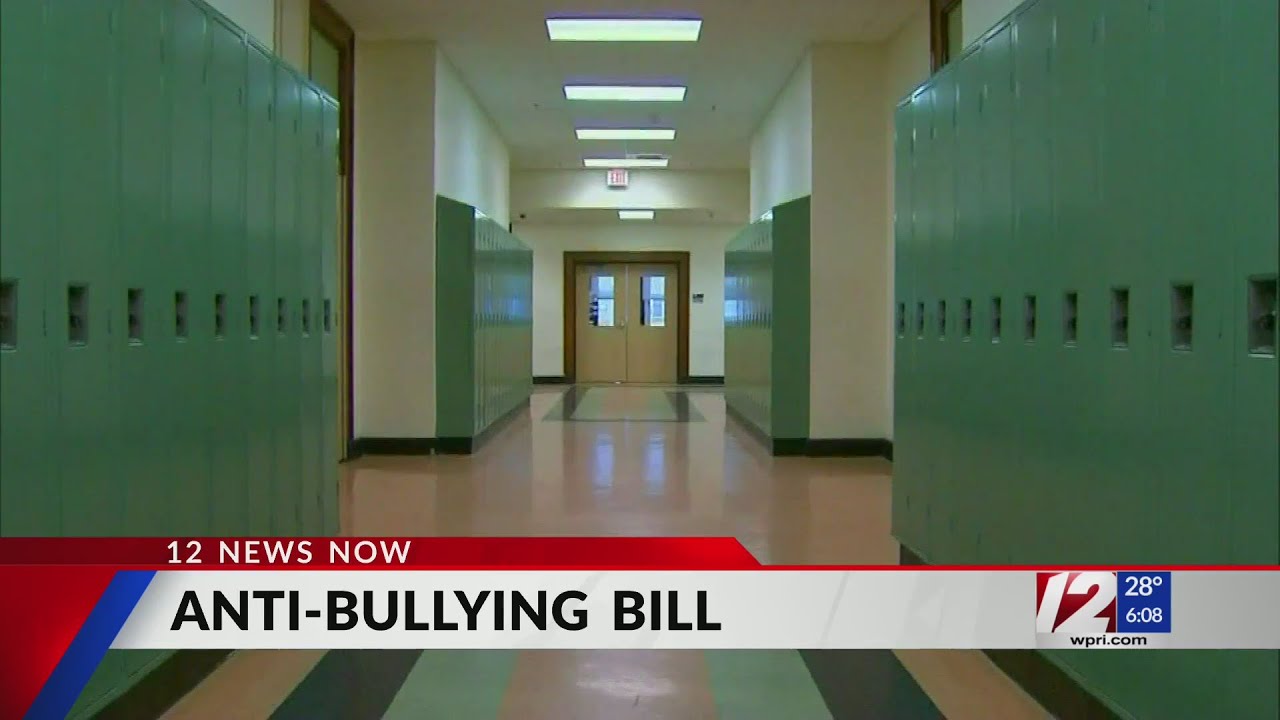Are Bullying Policies Effective in Rhode Island?
Bullying is a pervasive issue in schools that can have serious consequences for the well-being of students. In response to this problem, Rhode Island has implemented bullying policies aimed at preventing and addressing incidents of bullying in schools. However, the effectiveness of these policies has become a subject of debate.
What are Bullying Policies in Rhode Island?
Bullying policies in Rhode Island are guidelines and procedures put in place by the state’s Department of Education to protect students from bullying. These policies outline the definition of bullying, provide protocols for reporting incidents, and establish consequences for those involved in bullying behavior. The policies also emphasize the importance of prevention efforts and educate students about the harmful effects of bullying.
Importance of Bullying Prevention in Rhode Island
Bullying prevention is of utmost importance in Rhode Island as it strives to foster a safe and inclusive learning environment for all students. By addressing bullying, the state aims to promote positive social interactions and mental well-being among students. Preventing bullying also contributes to improved academic performance, attendance, and overall school climate.
Bullying Statistics in Rhode Island Schools
According to data from the Rhode Island Department of Education, bullying remains a significant concern in the state’s schools. In the 2019-2020 academic year, there were 1,395 reported incidents of bullying. This statistic highlights the need for effective policies and strategies to combat bullying in Rhode Island.
Positive Impact of Anti-Bullying Policies
The implementation of anti-bullying policies in Rhode Island has shown promising results. Studies have indicated a decrease in bullying incidents and an increase in reporting after the introduction of these policies. Students who feel supported and protected are more likely to report bullying, leading to early intervention and resolution of the issues.
Perspectives on Bullying Policies in Rhode Island
Opinions regarding bullying policies in Rhode Island vary. Supporters argue that these policies provide a clear framework for addressing bullying incidents and create a culture of accountability. They believe that the policies empower students and educators to take a stand against bullying and cultivate a safe environment for all learners.
Opposition to Bullying Policies in Rhode Island
Despite the positive impact that bullying policies have had, there are some who oppose them. Critics argue that these policies infringe upon free speech rights and may lead to the suppression of differing opinions or viewpoints. They question whether the policies strike the right balance between protecting students and allowing for open discussion.
Criticisms of Bullying Prevention Measures
In addition to concerns over free speech, some criticisms of bullying prevention measures in Rhode Island include a lack of clarity in defining bullying, inconsistent enforcement of policies, and a focus on punitive rather than restorative measures. Critics argue that prevention should be emphasized over punishment to address the underlying causes of bullying.
Balancing Free Speech and Anti-Bullying Efforts
Balancing free speech rights with anti-bullying efforts is a complex challenge. Rhode Island strives to find this balance by ensuring that policies respect students’ rights to express their opinions, while also protecting them from harm caused by bullying. It requires ongoing dialogue and collaboration among educators, students, parents, and policymakers to navigate this delicate balance effectively.
Challenges to Implementing Bullying Policies
Implementing bullying policies in Rhode Island faces several challenges. Limited resources, lack of consistent training for educators, and difficulty in identifying and addressing cyberbullying are some of the obstacles that schools encounter. Overcoming these challenges requires increased funding, professional development opportunities, and collaboration with external organizations specializing in bullying prevention.
Rhode Island Schools Addressing Bullying Concerns
Rhode Island schools have taken proactive steps in addressing bullying concerns. Many schools have implemented comprehensive anti-bullying programs that emphasize prevention, education, and intervention. These programs often include awareness campaigns, social-emotional learning initiatives, restorative justice practices, and partnerships with community organizations to create a supportive network for students.
Enhancing Bullying Prevention Strategies in Rhode Island
To further enhance bullying prevention strategies in Rhode Island, there is a need for continuous evaluation and improvement of existing policies. This includes ensuring clearer definitions of bullying, standardizing reporting procedures, and providing comprehensive training for educators. Additionally, promoting a culture of empathy, respect, and inclusivity within schools can be instrumental in preventing and reducing incidents of bullying.





